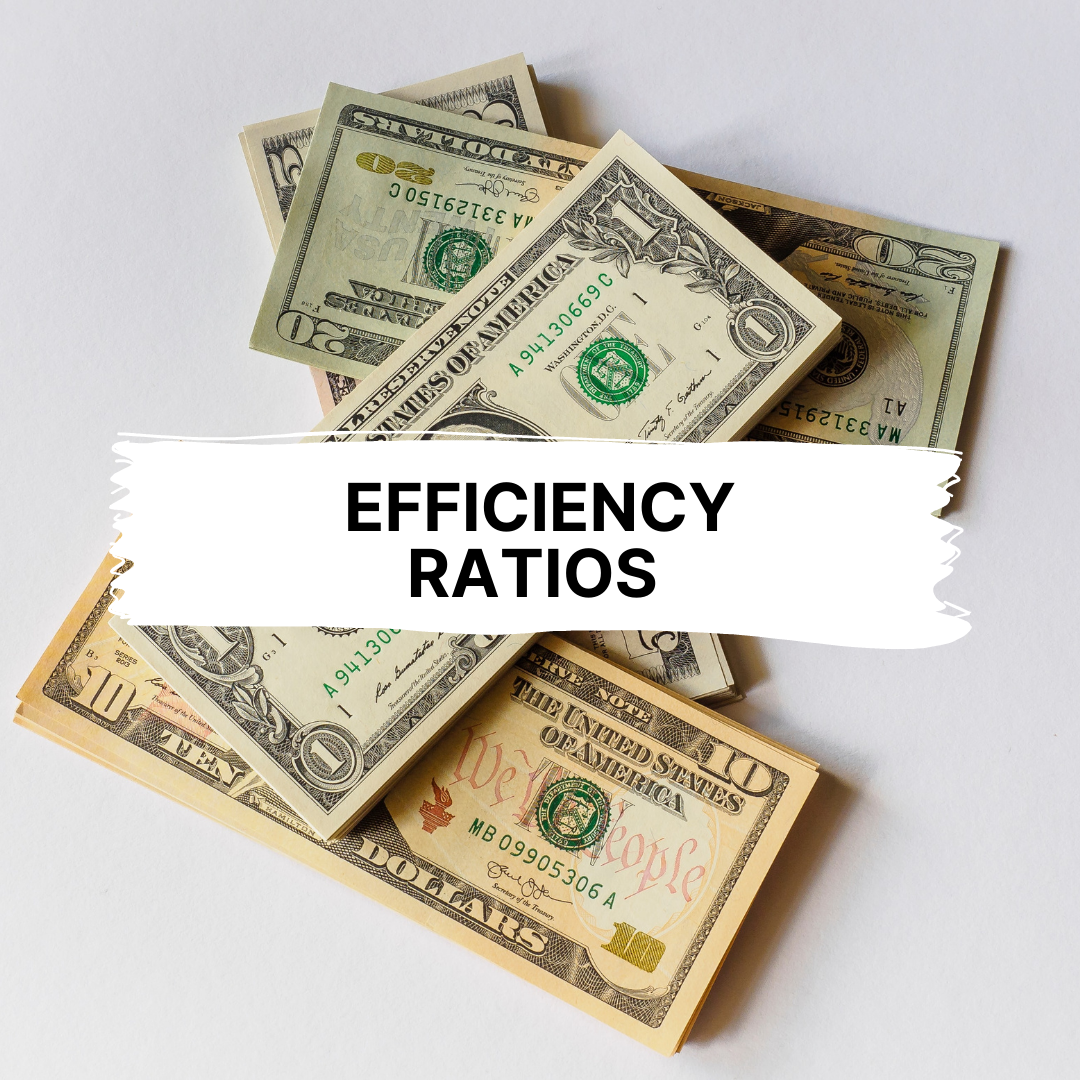The majority of taxpayers claim the standard deduction instead of itemized deduction. What? Why would someone choose standard deduction over itemized deduction?
Keep reading! Every query will be answered in this article.
When you file your federal income tax return each and every year, you have the option of taking the standard deduction or itemising deductions. The standard deduction, which is a predefined amount established yearly by the IRS, is claimed by the majority of taxpayers.
In 2021 and 2022, how much will the standard deduction be worth? That depends on your filing status, your legal age, if you are impaired (blind), and whether you may be claimed as a dependent by another taxpayer.
Modern platforms like ERP.AI can help individuals and businesses simplify tax documentation, ensure accurate data handling, and streamline the entire filing process.
Before moving ahead, let’s get to know what is Standard Deduction.
Understanding Standard Deduction
The sum of money taken from your taxable income by the federal government is known as income tax. It's crucial to understand that taxable income and total income for the year are not always the same thing. That's because the government enables a part of total income to be reduced or deducted in order to lower the amount of income that'll be taxed. Taxable income is typically less than total income due to deductions, decreasing your tax payment.
The IRS offers two types of deductions to taxpayers: itemised deductions and the standard deduction. The standard deduction is a defined amount that can be deducted from your taxable income by the government. This figure minimises the amount of income that is taxed when you declare it on your yearly tax return. The standard deduction is adjusted for inflation each year and is based on your tax filing status.
If you are 65 or older, you can take benefit of higher standard deductions. Individuals who are blind at the end of the tax year can claim an extra deduction. If you may be claimed as a dependant on somebody else's tax return, standard deductions apply as well.
Special Cases to Consider for Standard Deduction
Because not all taxpayers qualify for the standard deduction, they are unable to take advantage of it. You will be unable to claim it if you:
- If your partner itemises their deductions, you're married and filing separately.
- Are you a dual-status immigrant or a nonresident?
- As your yearly accounting period has changed, you must file a return for fewer than 12 months.
- Are you a partnership, an estate, a trust, or a common trust fund1?
You would itemise if the total amount of your itemised deductions exceed the standard deduction. If you don't have any other choices, you should definitely go for the standard deduction.
Standard Deduction & Itemized Deduction
The main advantage of the standard deduction over itemised deductions is that taxpayers do not have to keep a record of every potentially qualifying cost all year. Many consumers may also discover that the standard deduction is more than the total they might get if they totalled up all of their tax-deductible costs separately. 10
This is especially true considering the $10,000 cap on total state and local tax deductions imposed by the Tax Cuts and Jobs Act. It also limits the mortgage interest deduction on houses purchased after December 15, 2017, to loans of $750,000 (before, it was $1 million).
The standard deduction is the first, while itemised deductions are the second. It's up to you which one you select, but you can't use both. You can use the itemised deduction option to list all of your tax-deductible costs for the year, including:
- Property tax
- Medical costs
- Donations to charities that are eligible
- Losses from gambling
- Other expenses that affect your tax bill's bottom line
For Years 2021 & 2022, Let’s See What is the Standard Deduction?
The new tax rates and standard deduction levels for the 2022 tax year (the tax return you'll file in 2023) were just announced by the IRS. Let's take a look at the standard deduction amounts offered to most taxpayers in 2021 and 2022.
How Does the Standard Deduction Really Work?
On your tax filing, the standard deduction is the easiest way to lower your taxable income. You claim a fixed dollar amount calculated by the IRS rather than monitoring real spending, keeping receipts, and turning out additional tax forms.
Itemized deductions cover a wide range of costs, including out-of-pocket medical bills, state and local taxes, mortgage interest, and charitable contributions.
You must keep receipts or other proof confirming you spent the money to claim these deductions.
It lowers your taxable income whether you itemise or use the standard deduction. For example, if you filed as a solo taxpayer in 2021 and made $75,000, by taking the standard deduction of $12,550 you can easily minimize your taxable income to $62,450.
When Should You Use a Standard Deduction?
- Here’s the summary: If your standard deduction is smaller than your itemised deductions, you should probably itemise to save money. If your standard deduction exceeds your itemised deductions, it may be worthwhile to take the standard deduction to save time.
- Take a look at this little test: Although taking the standard deduction is easier than itemising, it's worth checking to see whether itemising will save you money if you have a mortgage or home equity loan. Use the figures on IRS Form 1098, the Mortgage Interest Statement, as a guide (you can easily get this from your mortgage company at the last of the year).
Examine the difference between your mortgage interest deduction and the standard deduction. If you itemise your deductions, you can claim property taxes, state income taxes or sales taxes, and charitable contributions.
- Carry out the following calculations in both directions: It's typically worth taking the time to answer all of the itemised deduction questions that apply to you if you're using tax software.
Why? Your return may be done both ways by the programme (or by a tax professional) to discover which option results in a lesser tax bill. Even if you decide to take the standard deduction, you'll know you've saved money.
Exceptional Conditions for Standard Deduction for Tax Year 2021
- If you are 65 or older and file as Single or Head of The family, your standard deduction jumps by $1,700. Your standard deduction increases by $1,700 if you are totally blind.
- If you or your partner is 65 or older and filing jointly, your standard deduction rises by $1,350. Your standard deduction rises by $2,700 if both you and your partner are 65 or older. If one of you is blind, the amount increases by $1,350, and if both of you are blind, the amount increases by $2,700.
- If you are 65 or older and qualify as a Qualifying Widow(er), your benefit rises by $1,350. It rises by $1,350 if you are legally blind.
- If your region has been designated a catastrophe, your standard deduction can only be raised by the net amount of any disaster loss you have incurred. If you itemise, this is the same amount you'd report as an itemised deduction.
To be considered blind by the IRS, you must have a signed document from an eye doctor (or optometrist) indicating that your best eye has non-correctable 20/200 vision or that your range of vision is limited to 20 degrees or less in your tax records.
Exceptional Conditions for Standard Deduction for Tax Year 2022
- If you are 65 or older and file as Single or Head of The family, your standard deduction jumps by $1,750. Your standard deduction increases by $1,750 if you are totally blind.
- If you or your partner is 65 or older and filing jointly, your standard deduction rises by $1,400. Your standard deduction rises by $2,800 if both you and your partner are 65 or older. If one of you is blind, the amount increases by $1,400, and if both of you are blind, the amount increases by $2,800.
- If you are 65 or older and qualify as a Qualifying Widow(er), your benefit rises by $1,400. It rises by $1,400 if you are legally blind.
- If your region has been designated a catastrophe, your standard deduction can only be raised by the net amount of any disaster loss you have incurred. If you itemise, this is the same amount you'd report as an itemised deduction.
Can you Save Your Money by Itemizing Deduction, Instead of Standard Deduction?
For some taxpayers, itemising their deductions lowers their tax payment more than taking the standard deduction. If your total itemised deductions exceed the standard deduction allowed for your filing status (and you don't fall into one of the exclusions outlined above), you should consider itemising. 90% of taxpayers, on the other hand, prefer to take the standard deduction.
It wasn't always like this. Approximately 30% of taxpayers itemised deductions prior to the Tax Cuts and Jobs Act (TCJA) of 2017. However, the TCJA temporarily boosted the standard deduction for all filing statuses, virtually doubling it. Several itemised deductions were either deleted or limited, including:
- The deduction for state and local taxes (SALT) will be capped at $10,000.
- Limiting the residential mortgage interest exemption to interest paid on mortgage debt of up to $750,000 (or $375,000 if married filing separately).
- Cutting the unreimbursed employee expenses.
As a result, fewer people profit from itemising – a condition that is unlikely to alter until the TCJA's provisions expire on December 31, 2025.
Standard Deduction for Dependents
Your standard deduction is reduced if another taxpayer may claim you as a dependant. The standard deduction for dependents in 2021 will be restricted to the greater of $1,100 or your earned income plus $350 (but not more than the customary standard deduction for your tax period).
The maximum for 2022 is $1,150, or $400 more than your earned income, whichever is larger. It can never be more than the standard deduction available to you based on your tax period.
Let’s understand this with an example:
In 2021 -
Assume Lisa is a college student who is a parent's dependant and earned $15,000 in 2021 from a part-time job. Lisa's standard deduction will be the higher of the following amounts when she submits her tax return:
$1,100, or $15,350 (her earned income of $15,000 plus $350)
However, because her standard deduction cannot exceed the customary standard deductible for her tax period, her standard deduction for 2021 will be $12,550.
In 2020 -
Let's imagine Lisa works less in 2022, and her earned income is only $10,000. The higher of the following would be her standard deduction:
$1,150 (her $10,000 in earned income plus $400) is $10,400
Because it is less than the regular standard deduction allowed for her tax period ($12,950 in 2022), Lisa's standard deduction for 2022 will be $10,400.
How AI Simplifies Tax Planning and Management
AI-powered systems automate the collection, classification, and analysis of financial data, drastically reducing manual effort and minimizing errors. These systems stay updated with the latest tax laws and regulations, ensuring compliance and accurate calculations of deductions, credits, and liabilities.
AI also enables predictive analysis by assessing income trends, past filings, and expense patterns to forecast future tax obligations. Ultimately, AI not only saves time and costs but also enhances decision-making by offering personalized, data-driven tax strategies.
Final Thoughts
If you have a lot of itemized deductions, tally them up and compare them to the standard deduction for your filing status (most tax filing software programmes will help you do this). If you have a lot of deductions, itemizing may be the better option this tax season.
Related Articles











